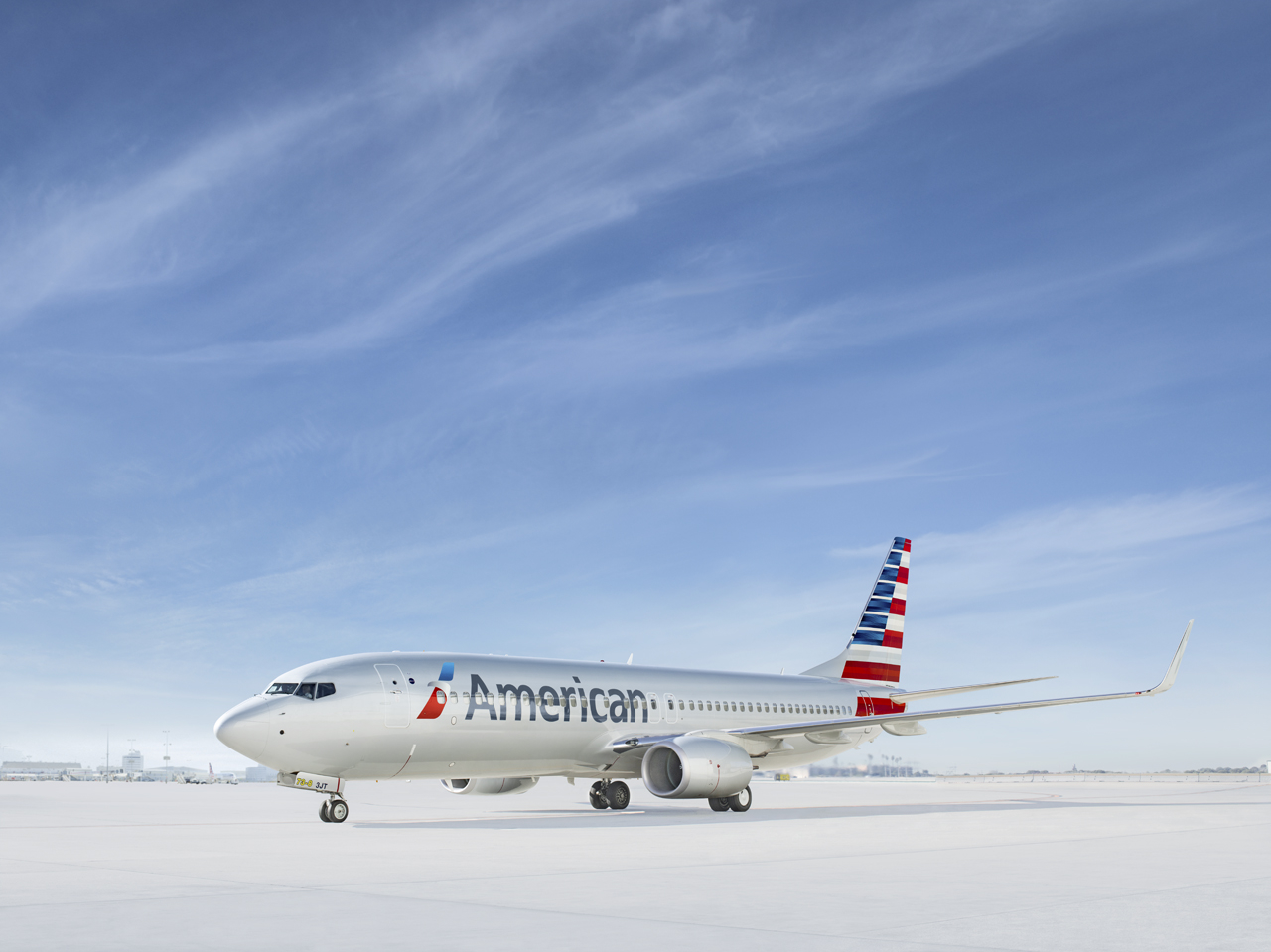American Airlines and Deloitte today announced an innovative collaboration to advance the use of sustainable aviation fuel (SAF) to reduce emissions from aviation. The SAF emissions agreement between American and Deloitte reduces life cycle emissions from aviation by 3,050 metric tons of carbon dioxide (CO2), which is equivalent to approximately 10,000 passengers flying one-way from New York City to Los Angeles.
This is one of the first collaborations between an organization seeking to reduce net emissions from business travel and a U.S. airline that is using SAF in its daily operations. This provides Deloitte with an opportunity within aviation to help meet its ambitious goal to reduce its business travel emissions per employee by 50% by 2030. Deloitte recognizes the importance of SAF in enhancing its ability to connect with clients through sustainable business travel.
“We recognize the important role the business community plays in facilitating the transition to a low carbon economy. It’s a monumental task no organization can solve alone, which is why we’re looking forward to working with American Airlines on a new concept to accelerate adoption of a fuel source that can dramatically reduce emissions from aviation,” said Joe Ucuzoglu, Deloitte US CEO. “To make meaningful progress in combating climate change, it’s crucial that organizations continue to collaborate through innovative solutions and bold actions.”
Deloitte and American recognize that SAF is an important tool to reduce aviation emissions, though it is not yet available at the scale or price needed to reduce emissions significantly. This collaboration will explore how a new market-based solution ― a certificate that allocates the emissions reduction value of SAF ― can benefit companies seeking to reduce their Scope 3 business travel emissions.
“Investing in the decarbonization of aviation is an imperative for our company and our industry,” said Doug Parker, Chairman and CEO of American. “As we work toward our own goal of achieving net-zero emissions by 2050, we know we can help accelerate the transition to low-carbon air travel through collaborations like these, meeting the needs of our customers and the planet. We are proud and excited to be working with Deloitte to advance our shared vision for a more sustainable future.”
The SAF certificate is a concept under development by the World Economic Forum’s Clean Skies for Tomorrow initiative, aimed at unlocking new capital to boost SAF production by harnessing the ambition of corporate climate goals to reduce emissions from business travel. SAF, in conjunction with certificates, can be used by corporations to help meet their sustainability goals.
“We recognize that the most immediate action to achieve carbon-neutral flying is the investment in, and rapid scale-up of, sustainable aviation fuel production and use ― which in turn will require innovative regulatory mechanisms and clear demand signals,” said Christoph Wolff, Head of the Shaping the Future of Mobility Program at the World Economic Forum. “We’re delighted to see this demonstration by Deloitte and American Airlines that a new market-based mechanism is viable and can help meet the needs of corporations with ambitious climate goals.”
Deloitte’s Commitment to Sustainability
Our purpose is brought to life through our commitment to help drive responsible climate choices as part of the WorldClimate ambition, and in support of the Paris Agreement.
We recognize change starts within. Deloitte has set standards for itself, including achieving net-zero emissions by 2030. We will also look to connect with others, empowering our professionals and engaging our broader ecosystem, to create solutions that facilitate the transition to a low carbon economy. This will require reimagining, reinventing and redesigning many of the day-to-day experiences of our lives, as well as how businesses and economies operate.
American’s Climate Change Strategy
In response to the pressing global challenge of climate change, American set a goal to reach net-zero carbon emissions by 2050 and developed a clear pathway to achieve it. Reducing use of traditional jet fuel is a core focus of the airline’s climate change strategy, which is why American has undertaken the most extensive fleet replacement initiative in the history of commercial aviation and committed to purchase 9 million gallons of sustainable aviation fuel over the next three years. That SAF meets or exceeds all the performance characteristics of petroleum-based jet fuel but is made from sustainably sourced feedstocks and has lifecycle CO2 emissions that are at least 75% lower than those of petroleum-based jet fuel.
Over the longer term, American is working to facilitate broader advancements in policy, markets, infrastructure and technology that will ultimately enable the transition to low-carbon aviation. While there are many steps the airline can take to reduce its carbon footprint, transitioning to a low- or no-carbon aviation future will depend on the combined efforts of the private sector and effective policies from governments at all levels, along with advances in airframe, engine and fuel technologies. More information on American’s sustainability strategy is available in the airline’s most recent ESG report.



